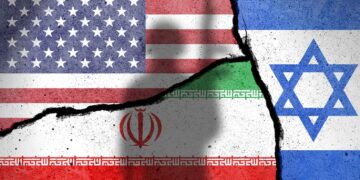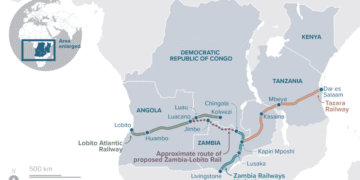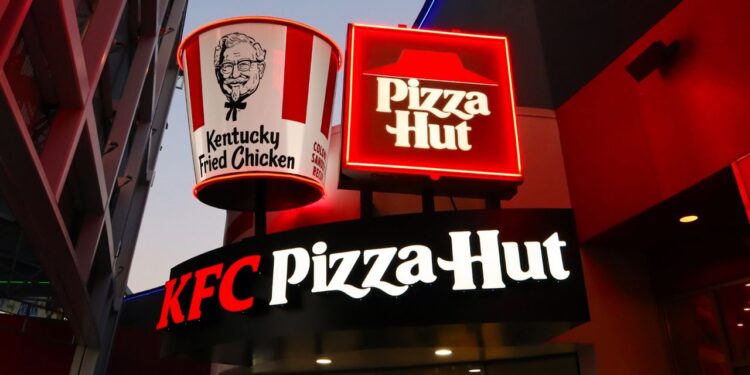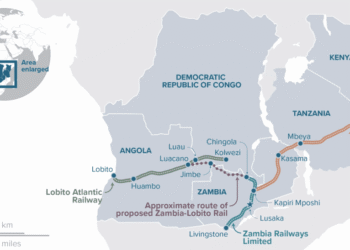Financial Collapse Amid Growing Boycott Pressure
The Palestine boycott movement in Türkiye has caused a major corporate collapse. The operator of KFC and Pizza Hut, İş Gıda AŞ, has filed for bankruptcy after struggling with severe financial losses and debts nearing 7.7 billion Turkish lira (around US$214 million). The bankruptcy led to the closure of 537 restaurants and left 7,000 workers jobless.
Yum! Brands, the American parent company of KFC and Pizza Hut, ended its partnership with İş Gıda earlier in 2025. It claimed the operator failed to meet quality and operational standards. İş Gıda denied these claims, insisting that its restaurants met global requirements. Despite this, the company could not recover from months of financial stress.
Impact of the Palestine Boycott Movement in Türkiye
The turning point came when the Palestine boycott movement in Türkiye gained momentum during Israel’s ongoing war on Gaza. Turkish consumers launched nationwide boycotts against companies seen as supporting Israel. As a result, KFC and Pizza Hut sales fell sharply—by up to 40% in some cities.
This drop in revenue accelerated İş Gıda’s decline. Although Yum! Brands blamed internal issues, the timing revealed the powerful influence of the Palestine boycott movement in Türkiye. Consumer awareness and collective action reshaped the fast-food market and sent a strong message to multinational corporations.
Job Losses and Legal Fallout
The company’s bankruptcy triggered mass unemployment. Around 7,000 people lost their jobs, and many workers reported not receiving their final paychecks. All 537 outlets, including 283 KFC and 254 Pizza Hut locations, closed permanently.
İş Gıda’s CEO said that the company’s assets, including its factories, were seized as part of the legal process. He had personally pledged his savings to keep the business afloat. After the bankruptcy announcement, former employees protested in Istanbul, Ankara, and İzmir, demanding compensation and unpaid wages.
A Broader Economic and Social Shift
The fall of İş Gıda shows how consumer activism can directly influence business outcomes. The Palestine boycott movement in Türkiye has transformed from a protest into a national economic force. Many Western brands now face similar challenges as public opinion turns against companies linked to Israel.
Political, social, and financial pressures have merged to create a new reality for corporations operating in Türkiye. The collapse of İş Gıda serves as a warning to other businesses: ignoring consumer sentiment can have severe financial consequences.
As the Palestine boycott movement in Türkiye continues to expand, it proves that conscious consumer choices can shape national economies and global accountability.
















































